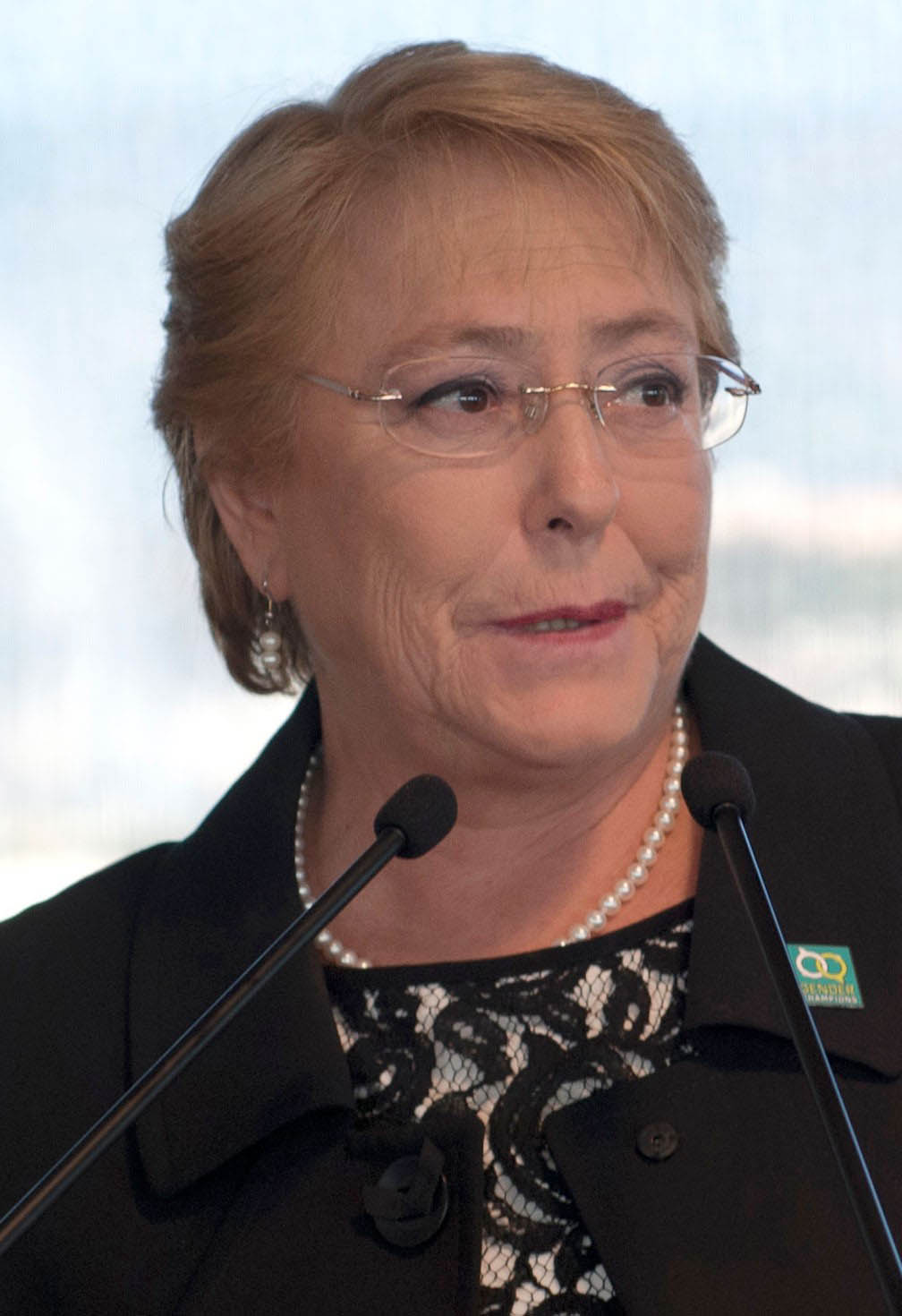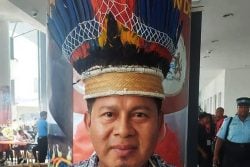(Reuters) – International pressure mounted on Nicaragua yesterday with President Daniel Ortega’s crackdown on the opposition described by Washington as a “campaign of terror” that the United Nations said meant November elections were unlikely to be free or fair.
Ortega’s government has arrested at least 14 political opponents in recent weeks, including five presidential candidates, ahead of the elections in which the long-ruling leader will run for a fourth consecutive term.
“We condemn this ongoing campaign of terror in the most unequivocal terms,” U.S. State Department spokesman Ned Price told reporters. He added that the United States would “use all diplomatic and economic tools at our disposal” to promote fair elections.
The U.S. government has already imposed sanctions on Ortega’s daughter and allies and threatened to review “trade-related activities.” U.N. Human Rights Chief Michelle Bachelet told the U.N. Human Rights Council the situation was quickly deteriorating and called the detentions “arbitrary.”
“This makes it unlikely that Nicaraguans will be able to fully exercise their political rights in the elections,” she said, noting that her office’s recommendations to Nicaragua in recent years have not been implemented.
In a joint statement, 59 countries said they shared Bachelet’s concerns and doubted Nicaragua can hold a fair vote.
Speaking at the Human Rights Council session immediately after Bachelet, Nicaraguan Foreign Minister Denis Moncada pushed back, saying the people Ortega’s Sandinista government has arrested had committed crimes against the country’s sovereignty, independence and security.
Moncada also rebuked the United States and Europe for a history of intervention. He defended Nicaragua as a country of laws.
“We have the right to peace that we have been building with great effort amid centuries of aggression, meddling and intervention by the United States and complicit European powers,” he said.
The Sandinistas first swept to power in 1979 after toppling dictator Anastasio Somoza.
The United States responded by funding right-wing guerrillas known as Contras who, along with Washington’s economic embargo against Nicaragua and the Sandinistas’ mismanagement, laid waste to the economy, despite support from Cuba and the Soviet Union.
Ortega was voted out in 1990 and returned to office in 2007.
Adding to the pressure, a Mexican official on Tuesday warned that Mexico could cut ties with Nicaragua, such as declaring the Nicaraguan ambassador to Mexico “persona non grata.” Mexico and Argentina on Monday recalled their ambassadors to Nicaragua to discuss the situation.
“We could immediately reduce the level of relations,” said Maximiliano Reyes, Mexico’s deputy foreign minister for Latin America and the Caribbean.
“The most drastic action, which we hope we don’t reach, is breaking off relations.”
Human Rights Watch on Monday urged the United Nations and member countries on Tuesday to pressure Ortega, saying Secretary-General Antonio Guterres should raise the crisis with the Security Council.






